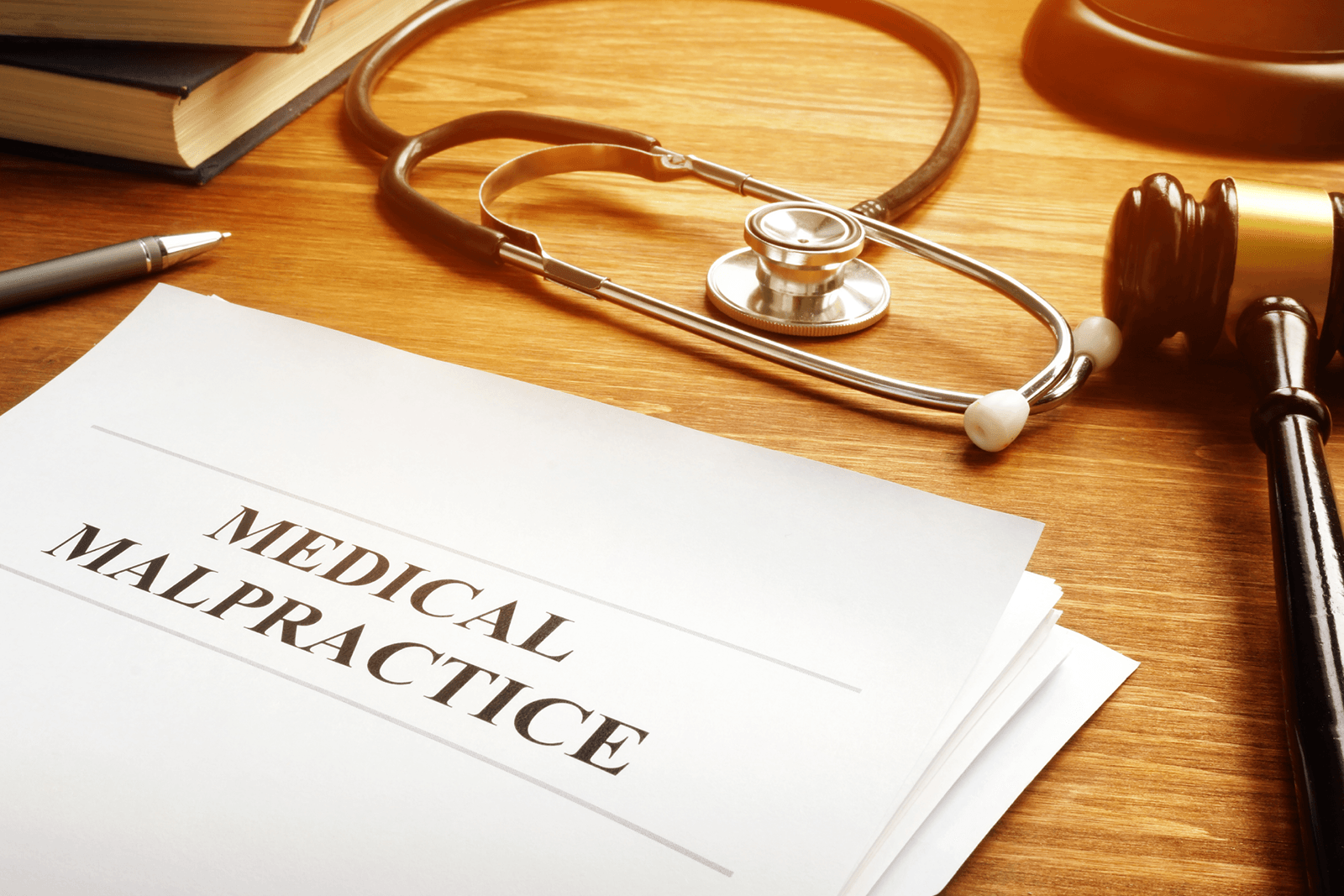Nursing Homes and COVID-19
During this unprecedented time, nursing homes are closing their doors to best protect their high-risk residents from COVID-19. As of May 1st, 2020 deaths in these facilities are accounting for 44% of coronavirus related deaths in the state of Illinois. For many family members of these residents, the line can become a bit blurred when trying to file a lawsuit to get compensation for their loved one that has fallen ill from COVID-19 during this time.
WHAT IF YOUR LOVED ONE CONTRACTS COVID-19 IN A LONG-TERM CARE FACILITY?
It is probably very frustrating if you have a loved one that is infected with COVID-19 in a long-term care facility during this time. You can only hope that the care facility you trusted is taking all necessary measures to protect your loved one, but sometimes this can be harder than you think. During disasters such as COVID-19, shortages in necessary PPE, or other supplies may cause these facilities to become overwhelmed and unable to provide the high standards of necessary care that are expected. These predicaments may result in loved ones falling ill in these types of facilities.
Families may feel that “negligence” is to blame, resulting in a civil lawsuit towards the facility in hopes of getting some sort of compensation for the “negligent” acts that may have been committed. However, when supplies are running short, and facilities are understaffed, nursing homes do not want to be held legally responsible for these factors that they cannot control. In response, many nursing homes across the country are pleading for immunity from these civil suits regarding COVID-19. For some states, such as Louisiana, immunity for health care facilities is already put in place in times of natural disasters – these measures are put in place when the governor declares a state of emergency. Other states that have had legal immunity measures approved include Connecticut, Illinois, Massachusetts, Michigan, New Jersey, and New York.
If you have a loved one currently housed a long-term care facility, it might be tempting to try and find a way to go see them. However, in times like this, it is best to stay away until the risk from COVID-19 has diminished. Everyone needs to be doing the best they can to protect these high-risk groups, especially in long-term care facilities where everyone is in such close proximity.
To keep these numbers from growing, the CDC provides several strategies to try to prevent COVID-19 from entering these long-term care facilities, and how to prevent rapid spread if it does.
KEEPING COVID-19 OUT
- No visitors (except for critical situations – e.g., end-of-life).
- No volunteers, non-essential health care personnel, or consultant services (e.g., barber, hairdresser) should be allowed in.
- Implement universal use of source control for everyone in the facility.
- Screen essential personnel or anyone else coming into the building for fever and COVID-19 symptoms. Send anyone with symptoms home and allow for flexible sick leave policies.
- Cancel all field trips outside the facility.
IDENTIFY INFECTIONS EARLY
- Actively screen residents every day for fever and COVID-19 symptoms. If symptoms are apparent, isolate immediately and implement.
- Asymptomatic residents may exude other atypical symptoms including, worsening feeling of discomfort or illness, new dizziness, or diarrhea.
- If any of the following occur, contact your state or local health department immediately:
- Respiratory infection leading to hospitalization or death.
- 3 or more residents or HCP develops a respiratory infection.
- Individuals with suspected or confirmed COVID-19.
PREVENTION
- Cancel all gatherings within the facility including communal dining.
- Enforce social distancing.
- Ensure that all capable residents are wearing a cloth face covering when leaving their room, especially when leaving for essential medical appointments.
- Make sure all HCP wear a facemask or cloth face covering while in the facility.
- If COVID-19 is confirmed in the facility, all residents should be restricted to their rooms. HCP should be required to wear all recommended Personal Protection Equipment (PPE) for the care of all residents even without symptoms.
PPE includes:
- N95 or higher-level respirator (if unavailable, a facemask)
- Eye protections
- Gloves
- Gown
DESIGNATING A COVID-19 CARE UNIT
In order to best protect other residents in long-term care facilities, it is best to create a designated area to care for residents who are confirmed with COVID-19. The CDC has provided these specific considerations to create this designated area:
- Determine the location and create a staffing plan before identifying residents HCPs with COVID-19.
- Physically separate the unit from other rooms housing residents without COVID-19 (e.g., separate floor or wing).
- Assign dedicated HCP to specifically work in this unit, and this unit only.
- Place signage at the entrance of the unit that instructs HCP of proper PPE.
- If PPE shortages become a problem, create a strategy to optimize the supply on hand.
- Assign specific care equipment to the unit, that shall only be used in this specified unit.
- Ensure that the equipment is being properly cleaned and disinfected in between residents.
WHITESIDE & GOLDBERG, LTD.
If you believe that your loved one has experienced mistreatment in a nursing home, contact Whiteside & Goldberg, Ltd. to discuss a successful approach to receive proper care and compensation for your family member.
Additionally, if you are an essential worker still showing up every day to do your job and help others, we greatly appreciate the role that you are playing in keeping our country alive. Should you fall ill to the COVID-19 virus, we don’t want you to have to worry about your financial situation on top of everything else. The skilled attorneys at Whiteside & Goldberg, Ltd. are here to help you get the workers’ compensation that you deserve during this difficult and uncertain time.
Whiteside & Goldberg Law Group always offers a free consultation before you make the decision to proceed. You do not have to worry about paying anything upfront to work with an experienced attorney. You never make a payment until they win a settlement for you. For expert legal advice, call 312-334-6875 to speak to an attorney. Get the professional legal help that you need.
The content of this blog is intended for informational purposes only and does not constitute or establish an attorney-client relationship, nor constitute legal advice. If you wish to discuss any further aspect of the material contained herein, please contact an attorney at Whiteside & Goldberg, Ltd.





